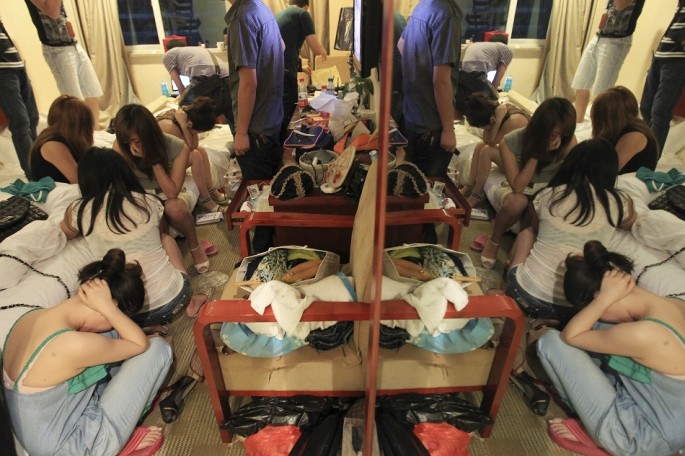London-based Amnesty International (AI) has joined the growing global move to decriminalize the sex trade. The human rights watchdog approved the resolution at a decision-making forum in Dublin on Tuesday.
The AI stand, expected to generate opposition from some women's rights and religious groups, acknowledges it is a hugely complex critical human rights issue, and the group is addressing it from the perspective of international human rights standards, reports CBS. With the consensus from AI's global movement, the group would lobby government to accept its point of view.
Last week, the British think tank Institute of Economic Affairs made the same recommendation. In a new paper, Dr. Catherine Hakim, a sociologist and author, said by decriminalizing prostitution, men's need for intimacy would be addressed. Hakim blames feminism for the sex starvation of males that made them turn to paid sex.
AI says that based on its research, decriminalization is the best way to defend the human rights of sex trade workers. The Coalition Against Trafficking in Women agreed that people in the sex trade should not be criminalized, but it would also benefit the pimps because they could sell vulnerable people with impunity.
Taina Bien-Aime, executive director of the coalition, points out, "It really is a slap in the face to survivors and to women's rights groups around the world."
Hakim said legalizing prostitution would reduce rapes and other sexual crimes against women. Another group, the End Violence Against Women Coalition, likewise opposed Hakim's proposal. According to Sarah Green, acting director of the second coalition, the difficult and costly enforcement of criminalizing prostitution is not the same thing as reducing harm to women if the sex trade is decriminalized, reports IBTimes.
Several countries had decriminalized sex trade.



























